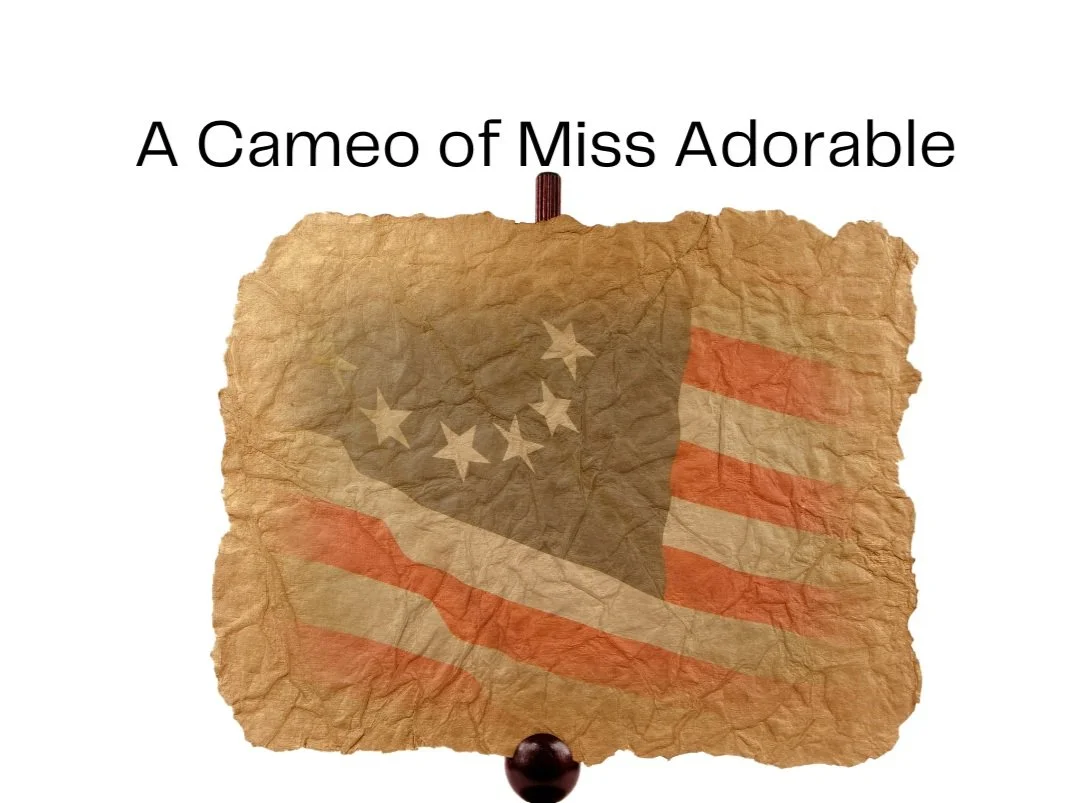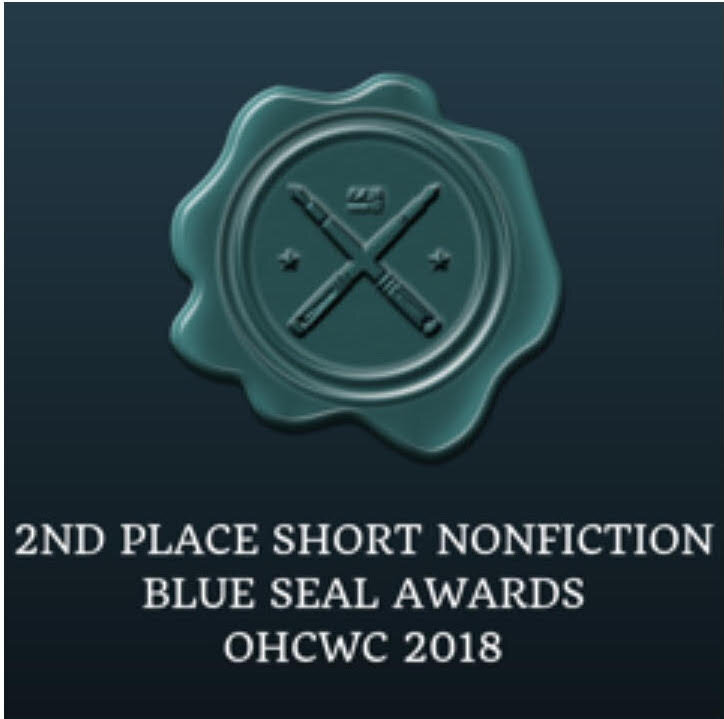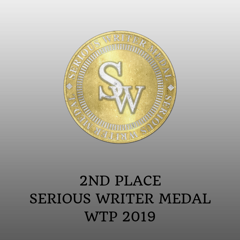Abigail Adams
1744-1818
“Abigail Adams holds the distinction of being the first Second Lady and the second First Lady of the newly birthed United States of America.” The scholarly work, John Adams by David McCullough, brings this extraordinary woman and her extraordinary marriage to life. The following glimpse into Abigail’s life is gleaned from his work.
Born into the family of a minister, Abigail Smith had two sisters and one brother. Considered too frail for school, she was taught at home by her mother. With Reverend Smith’s library of several hundred books at her fingertips, Abigail became an avid reader and lover of poetry. Intelligence and wit shone in her, and she was consistently cheerful. Her thirst for knowledge prepared her to live alongside a man who was a lawyer, a member of the Continental Congress, an appointee to the Courts of France and England, Vice President, and then President of the United States of America.
“Miss Adorable,” as he referred to her in private correspondence, and John Adams were married by her father on October 25, 1764. Her mother objected to the marriage, but the determination of both John and Abigail and their attraction to each other—like steel to a magnet, John said—were more than enough to carry the day.
His marriage to Abigail was the most important decision of John Adam’s life. She was in all respects his equal, and the part she was to play would be greater than he could possibly have imagined. Her determination that he play his part in history was quite as strong as his. They were of one and the same spirit. [She urged,] “You cannot be, I know, nor do I wish to see you, an inactive spectator . . . We have too many high-sounding words, and too few actions that correspond with them.”
“She was the ballast he had wanted, the vital center of a new and better life. To no one was he more devoted. She was his “Dearest Friend.””
Extremely long separations of months, even years, characterized their fifty-four years of marriage. Written correspondences sustained their relationship through these prolonged absences, and today are treasured artifacts. From them, we learn how heavily John Adams relied on his wife. She was the ballast he had wanted, the vital center of a new and better life. To no one was he more devoted. She was his “Dearest Friend,” as he addressed her in letters—his “best, dearest, worthiest, wisest friend in the world”—while to her, he was “the tenderest of husbands,” his affections “unabated,” her “good man.”
After her death due to typhoid, the obituary notice in Boston’s Columbian Centinel emphasized her importance to her husband’s career in public service and thus to the nation.
That he had been blessed in a partnership with one of the most exceptional women of her time, Adams never doubted. Her letters, he was sure, would be read for generations to come. He wrote to his granddaughter, Caroline, “Never ‘by word or look’ had she [Abigail] discouraged him from ‘running all hazards’ for their country’s liberties. Willingly, bravely, she had shared with him ‘in all the dangerous consequences we had to hazard.’”
For years after her death, whenever complimented about his son John Quincy and his role in national life and the part he had played as gatherer, Adams is credited as saying with emphasis, “My son had a mother!”
Reference source, David McCullough. John Adams. New York, NY: Simon & Schuster, 2001. Print. (Content quoted and paraphrased).
Living with Eternal Intentionality®
“He has also set eternity in the human heart” (Ecclesiastes 3:11).
How did her upbringing seem to equip Abigail Adams for the part she would play in history?
In what manner has God used your upbringing to prepare you for His current plan for your life?
“For as the heavens are higher than the earth, so are My ways higher than your ways, and My thoughts than your thoughts” (Isaiah 55:9).
“O the depth of the riches both of the wisdom and knowledge of God! How unsearchable are His judgments and His ways past finding out” (Romans 11: 33).









